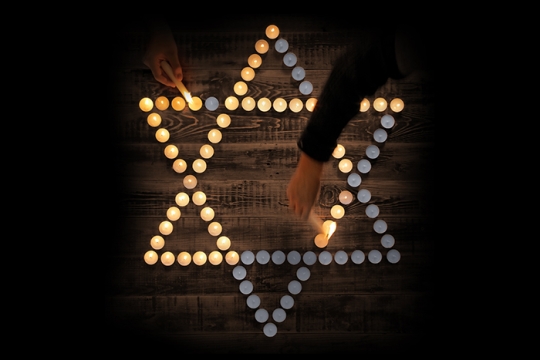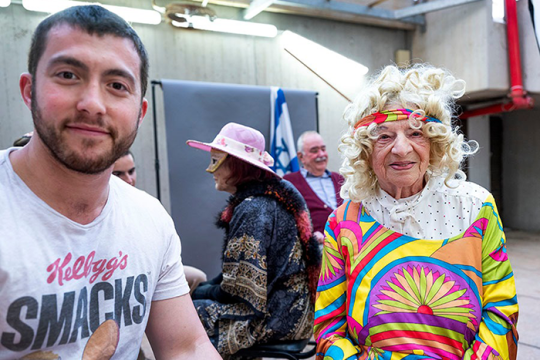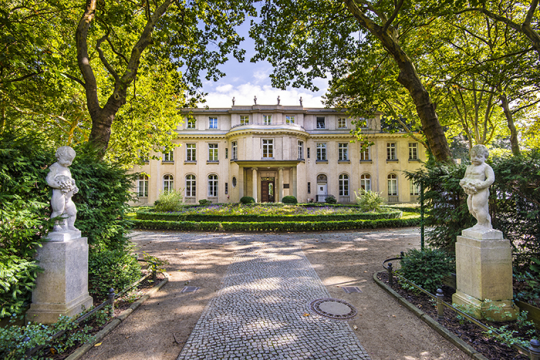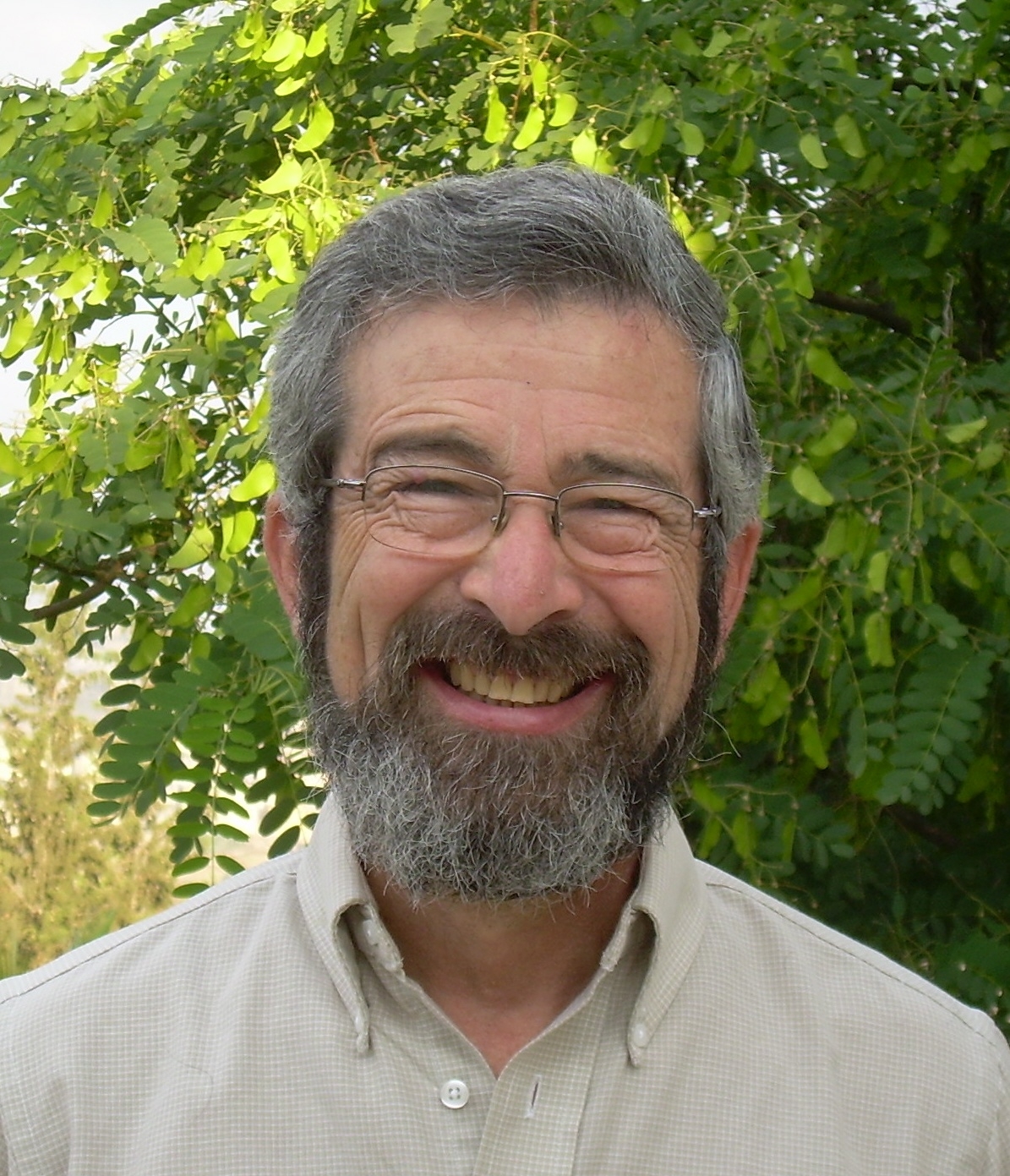Remember what Amalek did to you on your journey, after you left Egypt...you shall blot out the memory of Amalek from under heaven. Do not forget!
-Deuteronomy 25:17, 19
In recent decades, trips to Poland for 11th graders have become de rigueur in high schools in middle class communities. These generally take place just before Pesach, and cost around $1,000 to $1,500. For many students they are powerful emotional experiences, though periodically the media latch on to some revelation about the kids' adolescent behavior in the hotel in Poland. It seems a bit weird and maybe not fair to put adolescents in the setting of the typical school trip with its expected pushing of the disciplinary envelope far from home - combined with a pilgrimage to a place that it seems should crush such natural behavior. And there is some controversy over the educational goals of the trip - is it an appropriate way to strengthen Jewish identity? Does it give disproportionate emphasis to Jewish death? Does it convey a Zionist message of the negation of the Diaspora? Is it a tool for nationalistic indoctrination? In any case, the trips continue. Here at Shorashim, it is now a tradition that the annual Holocaust Day eve ceremony is prepared for the community by the teens who have returned from the Poland trip.
The brief ceremony follows a standard format of readings, songs, a candle lighting, and traditional mourning prayers. This year it was very well done, and some of the personal reflections by the kids were quite moving, translating the experience into self-analysis and resolutions regarding their own values and their commitment to them. Toward the end, we were asked to stand for a moment of silence. As it happens, at just that moment the music from the wedding in the Arab village across the valley wafted in through the windows, and kids in the village set off a volley of loud firecrackers (standard, annoying, practice at weddings). My first thought was anger at their insensitivity; then an internal voice wondered if they did it on purpose- but another internal voice pointed out that given my awareness of our neighbors' general, surprising ignorance of Jewish holidays and customs, it was highly unlikely that they noticed that they had scheduled their wedding for the 27th of Nisan. And anyway, since we have made it very clear that the Holocaust is a Jewish possession, our non-Jewish neighbors tend to feel that it is not relevant to them. Which brings to mind the fact that the Knesset recently passed a law denying government funding to any organization that supports or participates in programs to commemorate the "Nakba" (disaster), as the Arabs term Israel's War of Independence. And then the moment of silence ended with all of us singing Hatikvah and going home.
The next morning, though Yom HaShoah is a regular work/school day, traffic was very light and my bus made record time to Jerusalem, leaving me time to stop in the coffee shop in the bus station. The video display that usually shows cartoons and commercials was devoted to a large picture of a memorial candle. The news crawl beneath it reported the killing of Osama Bin Laden. And the sound system was playing the radio - which, on Yom HaShoah and Yom HaZikaron, plays sad pop music, a genre that must be uniquely Israeli - songs by leading popular singers and bands, written in the wake of the Holocaust and the various wars, that are part of the canon of Israeli folk/popular music and that are all that is allowed to be played on these two days. I sat there listening, wondering about the morality of trying to manipulate, control, and exploit memory - and wondering if there was any way not to.
Originally published in Galilee Diary.
Related Posts

Remembrance and Beyond: International Holocaust Remembrance Day

Combatting Loneliness, Poverty, and Trauma in the Lives of Holocaust Survivors


